Take Immediate Steps to Protect Safai Karmacharis from Toxic Air Pollution
- Dignity Post
- 23-11-2024 02:09
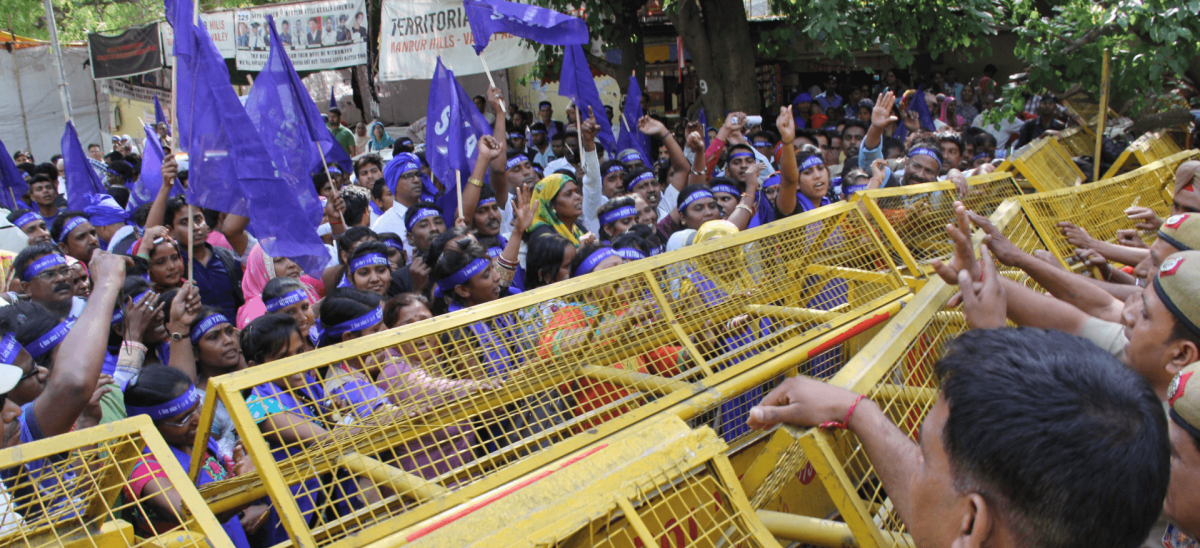
New Delhi, 23rd November 2024
The Safai Karmacharis, who already face life-threatening risks from working in sewer lines and septic tanks, are now exposed to additional dangers due to the hazardous levels of air pollution in Delhi and other cities. The situation has become a medical emergency with Air Quality Index (AQI) levels soaring beyond 480 into the “Severe Plus” category. These hazardous conditions pose serious risks even to healthy individuals, let alone Safai Karmacharis, who already suffer from pre-existing respiratory and gastrointestinal health issues due to constant exposure to dirt and feces.
The health risks are particularly dire for women Safai Karmacharis, many of whom are menstruating, pregnant, lactating, anemic, or menopausal. Working in open areas engulfed in toxic smog exacerbates their vulnerability. Despite restrictions under the Graded Response Action Plan (GRAP) Stage IV, including closures of schools, remote work mandates for government employees, and other protective measures, Safai Karmacharis remain excluded from such safeguards. They continue their duties in hazardous conditions without any special provisions or support.
The Safai Karmachari Andolan has demanded immediate action to ensure the protection and dignity of these essential workers, who should be treated on par with emergency workers in other sectors. Sanitation work is classified as hazardous, and governments must adopt WHO-prescribed precautions for such workers.
Key Demands by Safai Karmachari Andolan:
- Inclusion in GRAP Stage IV Measures: Explicit regulations for Safai Karmacharis must include reduced, flexible, and alternate working conditions during the air pollution crisis.
- Medical Coverage: Governments must bear all medical care and treatment expenses for Safai Karmacharis.
- Paid Sick Leave: Workers should be entitled to paid sick leave until they can resume duties.
- Weekly Health Checks: Mandatory weekly health check-ups should be conducted to ensure fitness for work, with wages and healthcare support provided during recovery if deemed unfit.
Safai Karmacharis, already marginalized by caste-based inequalities and stigmatization, are now disproportionately affected by the visible pollution in the air. The government must take immediate and proactive steps to safeguard their health, rights, and dignity, recognizing them as essential workers and providing the same status and allowances granted to emergency personnel.
The failure to protect Safai Karmacharis highlights systemic negligence, and urgent measures are needed to address these inequalities in policy and practice.

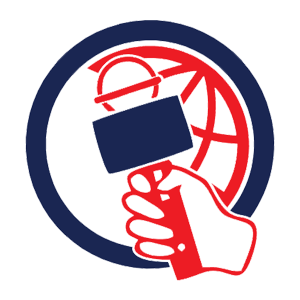
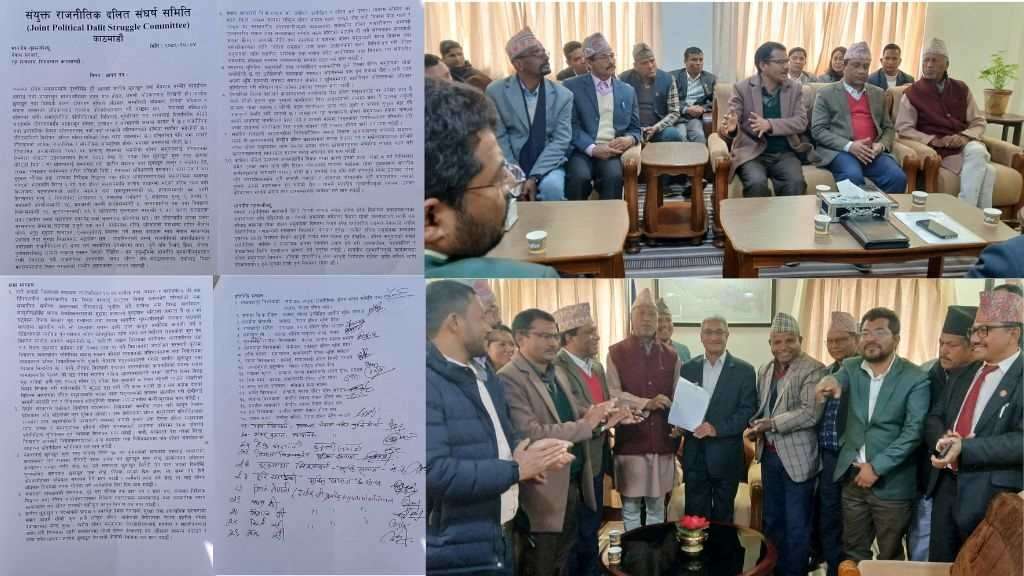
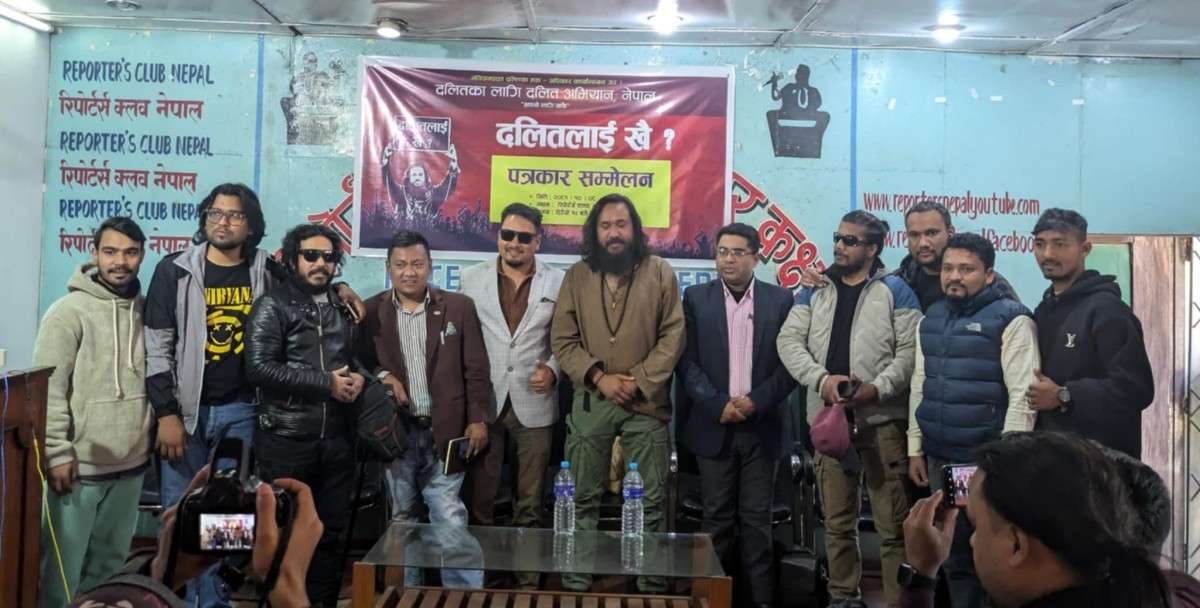
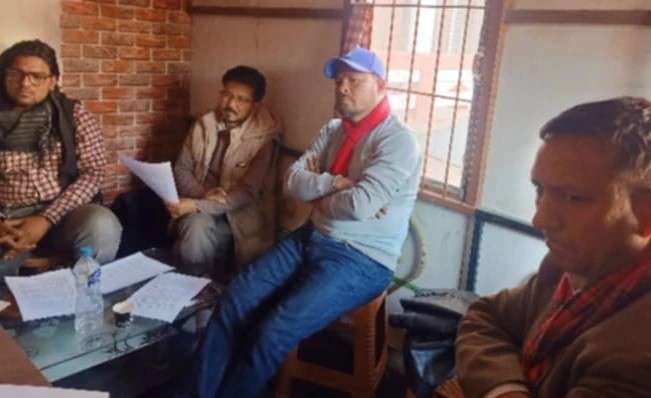
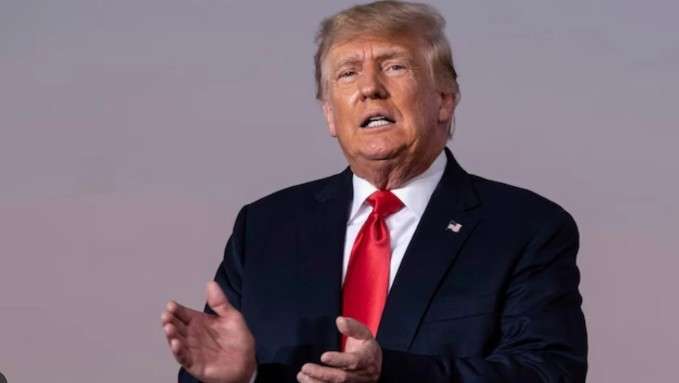
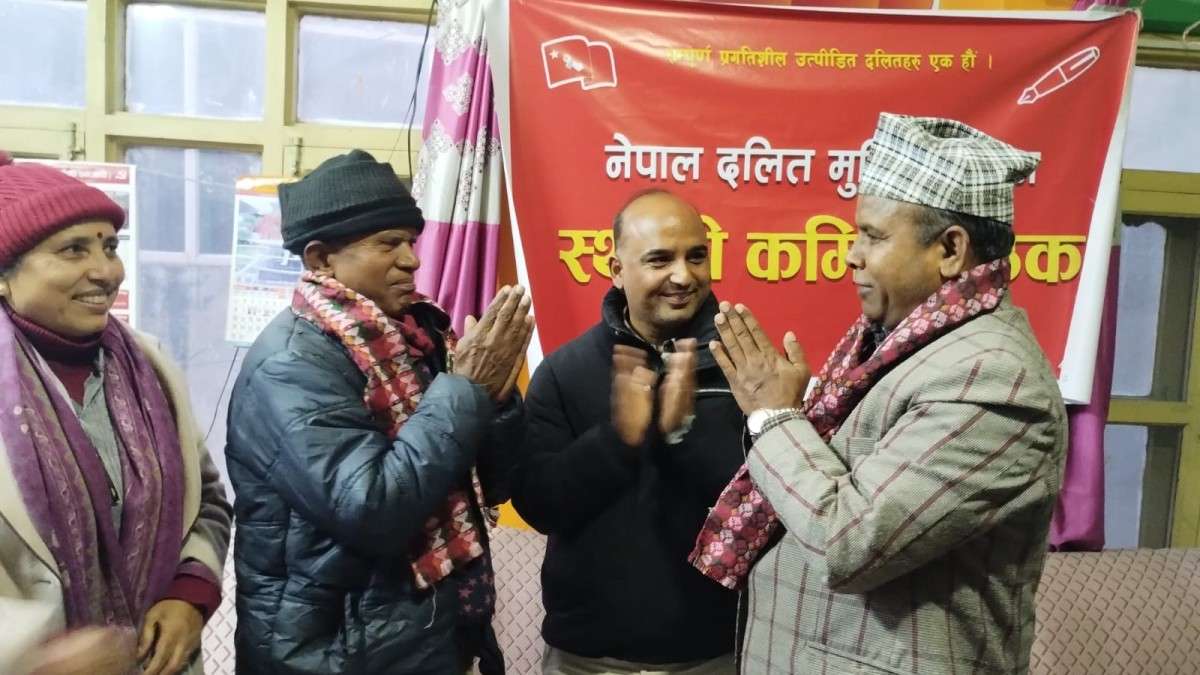
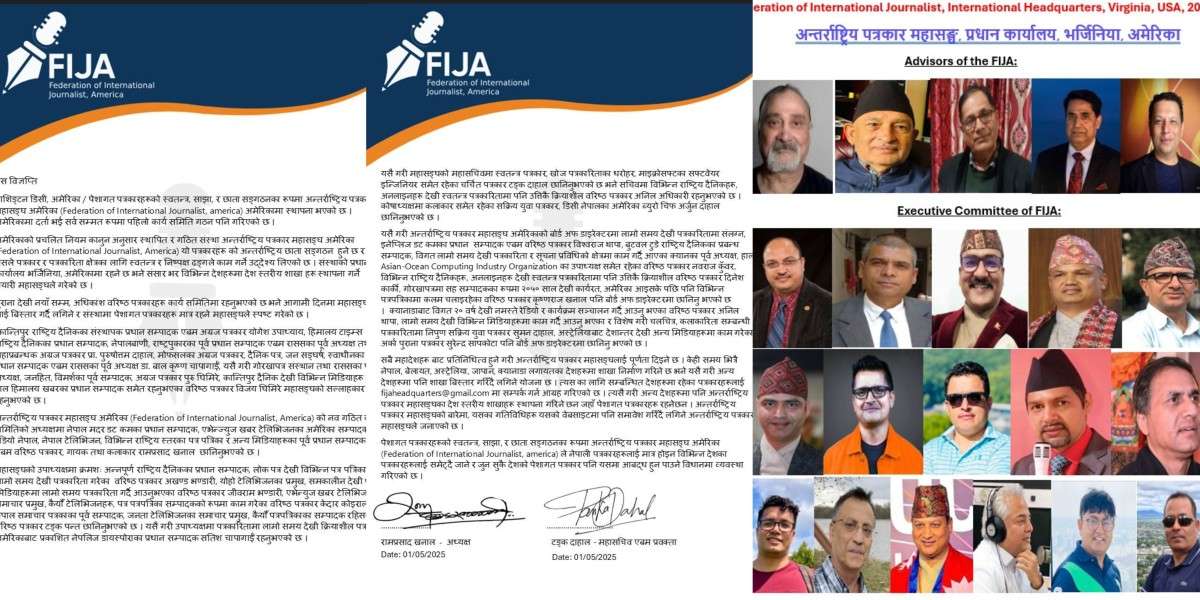
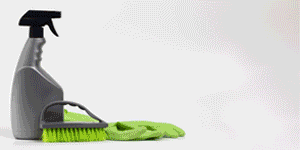

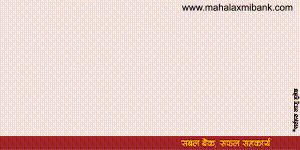
Conversation